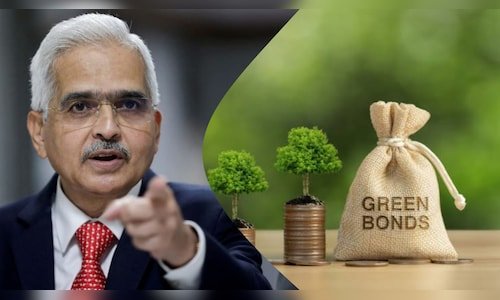India’s commitment to environmental preservation is deeply rooted in its Constitution, and the RBI has introduced frameworks like the Sovereign Green Bonds (2022) and the Green Deposits (2023) to finance green projects and incentivize sustainable practices.
However, Das pointed out that these frameworks face scalability issues, as the market for green bonds needs substantial growth to attract larger issuances and a more diverse set of investors.
One of the key challenges is ensuring the authenticity and impact of green projects financed through these frameworks. Das stressed the importance of robust monitoring and reporting mechanisms to maintain investor confidence and ensure that the projects deliver on their environmental promises.
Also Read: RBI Governor’s 5 Key Priorities: Shaktikanta Das on India’s financial future at GFF 2024
To address these challenges, Das proposed leveraging technology as a pivotal tool. He highlighted the potential of blockchain technology to enhance transparency and traceability in green bond issuances, providing immutable records of project impacts.
Additionally, he suggested that artificial intelligence (AI) and big data analytics could enable banks and investors to assess environmental risks more effectively and identify opportunities associated with green investments.
Furthermore, fintech innovations such as digital platforms for trading green bonds and tools for measuring impact could streamline processes and attract a broader investor base. By integrating these technologies, the financial sector can overcome the current challenges and move towards a more sustainable future.
Speaking at the Global Fintech Festival 2024, Das reiterated the importance of sustainable finance and urged stakeholders to embrace these technological advancements to ensure long-term economic stability and environmental preservation.


